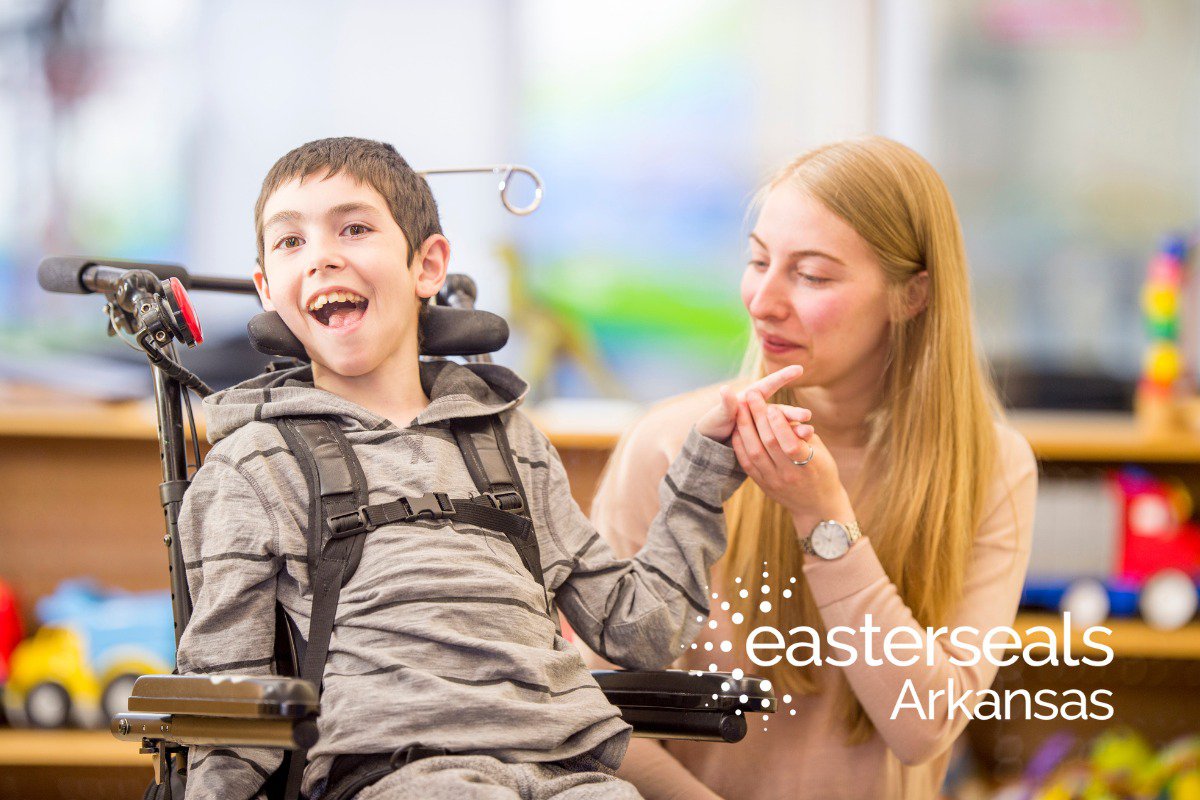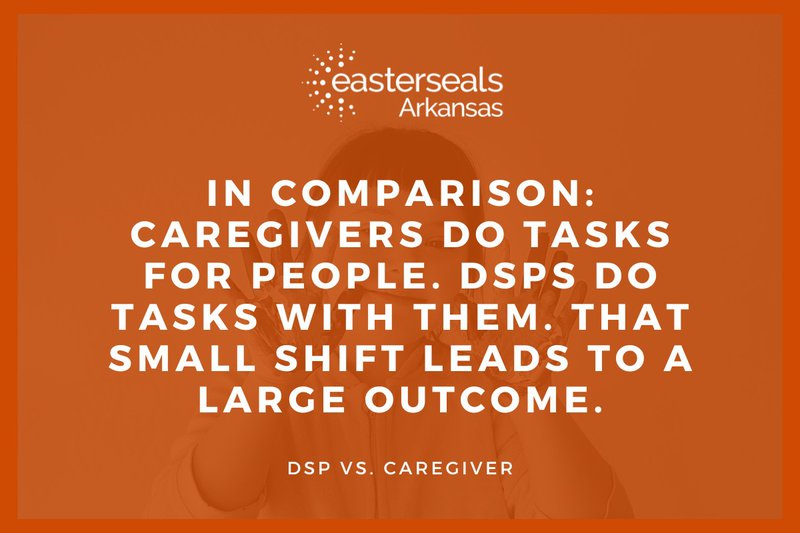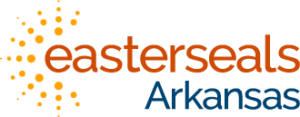
DSP vs Caregiver, do you know how they differ? Understanding the difference between "DSP" (Direct Support Professional) and "caregiver" is crucial when caring for someone with Down syndrome. Choosing the right support can shape the future of your loved one, aligning perfectly with your family’s needs and goals. Let's clarify these roles to ensure you find the best fit.
Key Takeaways:
- DSPs (Direct Support Professionals) teach life skills and support independence; Caregivers assist with direct, task-based care.
- DSPs primarily assist individuals with intellectual or developmental disabilities; caregivers often work with older adults or people recovering from illness/injury.
- DSPs help clients set and reach goals like budgeting, finding work, or using public transit. Caregivers focus on comfort, hygiene, and safety.
- DSPs train in a Code of Ethics and Core Competencies. Caregivers typically need less formal education.
- DSPs work in community settings (homes, schools, job sites); caregivers usually work in-home or in care facilities.
- DSPs earn $14–$18/hr; caregivers earn $12–$16/hr.
- DSP jobs have strong national demand with opportunities to advance. Caregiving jobs show steady growth trends.
- Empathy, compassion, and patience are key soft skills for both roles.

Key Differences: DSP vs Caregiver
Understanding DSP vs Caregiver
A Direct Support Professional (DSP) is not the same as a caregiver, despite surface similarities. Their goals and methods differ significantly, affecting how they support individuals.
Caregivers primarily assist with daily tasks such as bathing, cooking, and housekeeping. They often support older adults or individuals recovering from illness, ensuring safety and comfort.
DSPs, on the other hand, work with people who have intellectual or developmental disabilities. Their focus is on teaching and empowering individuals to achieve independence. For instance, rather than just shopping for groceries, a DSP will guide the person in making choices and checking out on their own.
Service Goals: DSP vs Caregiver
Different Approaches to Support and Caregiving
- DSPs focus on building skills and independence. They act as coaches and mentors, helping individuals grow and become self-reliant.
- Caregivers provide direct support with daily needs. They act more like helpers, performing tasks to ensure safety and comfort.
DSPs and caregivers address different challenges. While caregivers focus on immediate support, DSPs aim for long-term growth and independence.
Defining the Roles: DSP vs Caregiver
Roles and Responsibilities
Caregivers:
- Hired to assist with hygiene, meals, and safety.
- Often rely on experience or on-the-job learning.
DSPs:
- Trained to guide skill development.
- May assist with hygiene or meals but emphasize education.
- Support in planning trips, finding jobs, and managing money.
The Impact of Different Approaches
Why Approach Matters: DSP vs Caregiver
DSPs encourage task ownership, leading to personal growth. Their approach can help individuals move into their own homes, find employment, and form friendships.
- Caregivers perform tasks directly, which may not encourage the same level of independence.
DSPs are guided by a Code of Ethics and Core Competencies, setting clear standards for competency and ethical behavior. In contrast, caregivers may not have formal rules, though some roles require state-mandated training.
For more insights on how DSPs make a difference, visit Celebrating Our DSPs to read their inspiring stories.
For further examples on the distinctions between DSPs and caregivers, explore this guide: DSPS Different From Caregivers.
Defining DSP vs Caregiver Responsibilities
Typical Duties of a DSP
A Direct Support Professional (DSP) empowers individuals with disabilities to perform tasks independently. This includes activities like dressing, cooking, and job searching. The goal is to guide, not take over. For example, a DSP demonstrates cooking techniques instead of preparing meals.
Key responsibilities include:
- Assisting with appointments
- Preparing for job interviews
- Managing finances
- Facilitating local activities
DSPs often document progress, manage reports, remind clients about medication, and ensure a safe living environment. Goals are collaboratively set with the client, focusing on empowerment and autonomy.
Common Tasks for Caregivers
Caregivers focus on providing hands-on assistance for individuals unable to perform daily tasks independently. This includes:
- Bathing and grooming
- Cleaning and housekeeping
- Assisting with mobility
- Administering basic medication
Caregivers primarily support older adults or individuals recovering from illnesses, working frequently with healthcare professionals to maintain client safety and comfort.
Beyond Basic Care: DSP’s Comprehensive Approach
DSPs transcend basic care by supporting long-term outcomes. Their roles involve:
- Job placement and career development
- Facilitating use of public transit
- Setting and achieving personal goals
- Enhancing social skills
DSPs offer guidance, strategy, and support, adhering to national standards like the Core Competencies Guide. For more on the differences, explore DSPs Different From Caregivers.
For insights into caregiving, read this story about Eileen Rendell.
Training and Education: DSP vs Caregiver
DSP Training Requirements
DSPs adhere to rigorous ethical and skill standards, starting with a diploma or GED. Many pursue additional education. States often require:
- Health screenings and background checks
- CPR, first aid, and safety training
Training can exceed 100 hours, covering mental health, human rights, and behavioral support, most of which occurs on the job. Certifications through the National Alliance for Direct Support Professionals (NADSP) enhance career growth.
Caregiver Credential Requirements
Caregiving roles may not always require formal credentials beyond a caring nature and availability. Standard responsibilities include:
- Meal preparation
- Bathing assistance
- Light housekeeping
While some states require certification for medication administration, training is generally provided by the hiring families. Requirements vary, focusing on immediate support rather than long-term education.
Ethical and Professional Standards for DSPs
DSPs are guided by a national Code of Ethics emphasizing respect and integrity. They demonstrate Core Competencies essential for:
- Teaching life skills
- Supporting client rights
- Encouraging independence
These standards lead to significant achievements, such as employment or independent transit use. At Easterseals Butler Adult Living Center, DSPs facilitate transformative outcomes.
Explore more about the impactful work of DSPs at Easterseals.
Who Do DSP vs Caregiver Typically Serve?
Understanding DSP Service Recipients
Who Do DSPs Primarily Work With?
Direct Support Professionals (DSPs) primarily assist people with intellectual or developmental disabilities. These individuals may include those with autism, Down syndrome, or cerebral palsy. DSPs play a crucial role in helping them build meaningful lives, providing guidance in tasks such as cooking, dressing, and employment. Rather than taking over, DSPs focus on teaching and empowering their clients to foster independence. Explore more about the work of DSPs at Easterseals Arkansas.
Understanding Caregiver Service Recipients
Who Do Caregivers Usually Support?
Caregivers typically assist older adults or individuals with short-term illnesses or injuries. Their support is essential for seniors experiencing memory loss, mobility issues, or recovery from procedures. Depending on health or age, the level of care needed can vary from basic support to more involved care.
Support for Developmental vs Mental Health Needs
Differing Focus: DSPs Vs Caregivers
DSPs focus on guiding individuals with long-term developmental needs, working on areas like communication, financial management, and job preparation. Caregivers tend to prioritize safety and comfort for those dealing with conditions such as dementia, providing stability and compassion, but often not concentrating on skill growth.
DSPs engage clients in wide-ranging activities that promote inclusion, such as teaching smartphone use or attending social events. Public health standards emphasize full access to life, aligning with DSP goals. More insights can be found at Easterseals Arkansas.
Where Do DSP vs Caregiver Usually Work?
DSP Work Environments
Community-Based Roles
DSPs often find themselves in diverse settings like homes, group homes, day centers, schools, or employment sites. Their work transcends into community spaces, such as stores or public transport, as they help build essential life skills.
Caregiver Work Environments
Home and Facility-Based Roles
In contrast, caregivers generally operate in fixed locations, such as private homes, assisted living facilities, or medical settings. Their tasks are typically more physical, centering around the individual's personal environment.
Workplace Differences: DSP vs Caregiver
The environment significantly shapes the type of care provided. DSPs, being more community-focused, strive for long-term self-sufficiency. Caregivers, operating in quieter settings, emphasize security and ease. Discover how these differences impact care at Easterseals Arkansas.
Salary and Job Outlook for DSP vs Caregiver
Earnings Comparison
Pay Scale: DSPs vs Caregivers
DSPs generally earn between $14 and $18 per hour, while caregivers earn around $12 to $16. Factors such as location, employer, and shift type affect pay. DSPs often receive higher compensation due to specialized training and responsibilities like skill teaching and progress monitoring.
Job Growth and Demand
Future Prospects: DSP Jobs
The demand for DSPs is projected to grow by over 30% by 2030, driven by more individuals with disabilities pursuing independent lives. States are actively enhancing training programs and providing incentives to attract and retain DSPs, aligning with long-term workforce needs.
Future Prospects: Caregiver Jobs
Caregiver roles also show growth, though primarily related to elder care needs. The steady rise reflects the ongoing demand for compassionate, task-focused support.
Transition Opportunities: From Caregiver to DSP
Many DSPs begin their careers as caregivers. With access to additional training through classes, state programs, or job experience, they transition into DSP roles, sometimes replacing coursework with hands-on experience. Certifications from organizations like NADSP further enhance job flexibility and value. Learn more about career progression at Easterseals Arkansas.
How DSP vs Caregiver Promotes Client Independence and Well-Being
Supporting Autonomy
How DSPs Support Independence
Direct Support Professionals (DSPs) empower individuals by teaching them to live fully, focusing on person-centered support. This involves guiding clients through daily activities, like brushing their hair, to enhance self-sufficiency. DSPs aim for long-term growth, working patiently with clients to master tasks such as cooking or navigating public transit. This mentorship fosters lasting independence and aligns with personal goals rather than routines. Learn more about DSPs' impactful work at Easterseals Arkansas.
Emotional Support Offered by Caregivers
Caregivers provide compassionate and steady support, easing worry and managing changes in daily life. They offer a comforting presence, focusing on routine stabilization, particularly for those dealing with dementia or frailty. While they may not teach new skills, their support ensures clients feel safe and at peace.
Building Trust
How DSP vs Caregiver Builds Trust
Both DSPs and caregivers create trust through solid boundaries and consistent care. DSPs adhere to a formal Code of Ethics, emphasizing respect, independence, and gentle encouragement. Caregivers maintain privacy, uphold dignity, and ensure clients' safety without taking control. Discover more at Easterseals Arkansas.
The Role of Empathy and Soft Skills in Success as a DSP vs Caregiver
Importance of Emotional Intelligence
Emotional intelligence is crucial for both DSPs and caregivers, requiring the ability to read clients' moods and respond with kindness. DSPs navigate changes and uncertainties with respectful questions and calm reassurance. Caregivers provide steady support and sensitivity.
Essential Soft Skills
Empathy, patience, and clear communication are vital for providing high-quality care. These skills help manage tensions and build trust through kindness and openness. When care is delivered with compassion, clients are given the space to grow.
Training for Resilience and Compassion
Proper training equips care workers to manage stress and respond purposefully, covering important aspects like dignity, ethics, and trauma response. Continuous learning ensures that both DSPs and caregivers remain strong and ready to serve. Explore training opportunities at Easterseals Arkansas.
Choosing the Right Career: DSP vs Caregiver
Work-Life Balance Differences
Comparing DSP and Caregiver Schedules
DSP roles often require longer, structured shifts to build deeper relationships, while caregiver jobs are usually more flexible or part-time. DSPs may work multi-hour blocks or overnight, fostering meaningful connections. Caregivers can select schedules that best fit their lifestyle.
Certifications and Job Access
Requirements for DSP vs Caregiver
DSPs typically need a diploma and additional skill-based training, providing pathways for future advancement. In contrast, caregivers generally require basic certifications like CPR and first aid, with some states adding specific training. This difference affects job flexibility and access.
Assessing Career Goals
Consider whether your goals align more with coaching and teaching (DSP roles) or providing steady daily support (caregiving). Each role offers a unique opportunity to help others, but the style and depth of work vary. Choose the path that best fits your values and approach to helping others.
For more information on how Easterseals supports these professions, visit Easterseals Careers.
Honoring the Path: Growth and Comfort
Whether you're drawn to growth or comfort, there’s something to enjoy in both paths. At Easterseals Arkansas, we recognize the unique contributions of each role and strive to provide support that empowers individuals to make a meaningful impact. Our Direct Support Professionals (DSPs) guide and empower those with developmental disabilities, ensuring a path toward independence and personal achievement. Meanwhile, caregivers offer essential support and comfort to individuals needing direct care, enhancing their quality of life. Both paths hold invaluable significance in our community, and we are proud to celebrate their dedication and compassion. To learn more about how we support these professionals or to explore opportunities to join our team, visit Celebrating Our DSPs or contact us directly for inquiries and assistance.
